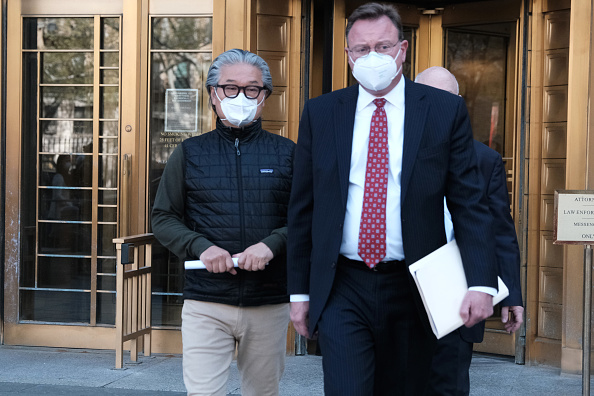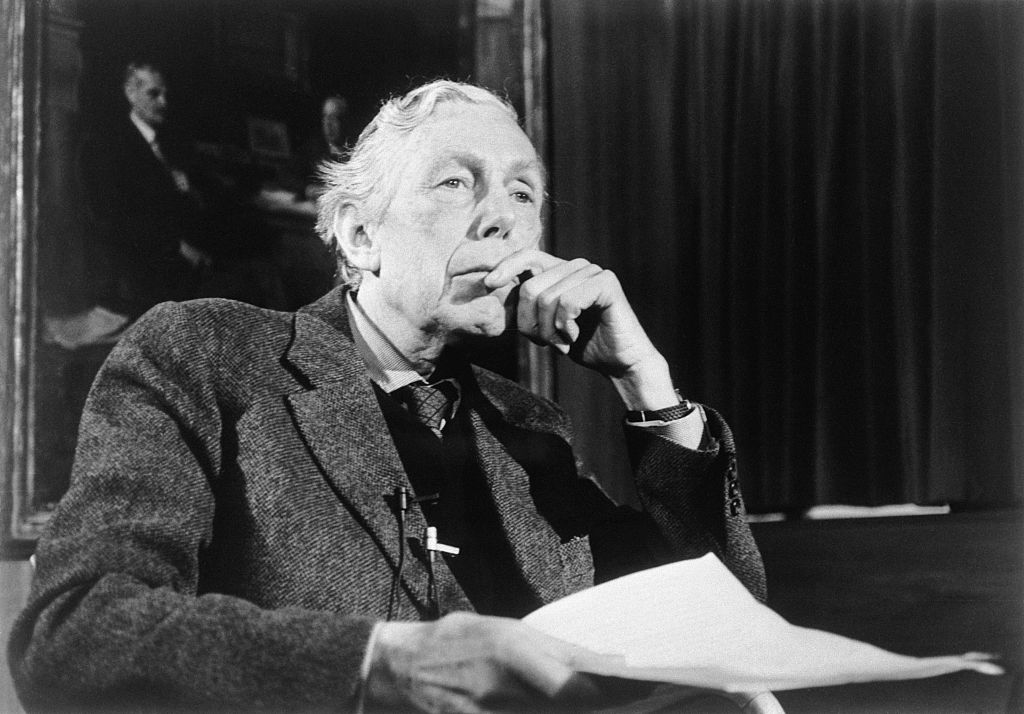The much and in fact excessively anticipated fear of a lurch to the Right in the French elections has not occurred and the widely anticipated movement to the Left in the British elections has not really occurred either. My own assumption, and that of many others, was that President Macron had dissolved the National Assembly in order to bring in a National Rally government with a precarious parliamentary position that he could bedevil from the Elysée Palace while that political movement squandered its honeymoon and its novelty. The voters did not enable any such process but the existence now in the French parliament of three blocs of closely competing numbers of legislators, Left, central and ostensibly Right is a spectacular anti-climax.
The French Constitution requires at least a year before a new legislative election and in that time there will either be continuity by the president’s supporters but with a prodigiously unambitious legislative programme, a so-called technocratic government of competent but not evidently partisan people operating a caretaker regime, or some surprising agreement between the Ensemblistes of the president and either the Left or the Right.
The talk, all through the election campaign, was of a virtual common front between the president’s Ensemble coalition, and the far-Left pantomime horse New Popular Front of communists, socialists, greens, and Jean-Luc Mélenchon’s goofy-Left France Insoumise. If any such coalition takes place, the next presidential election, if Marine Le Pen plays her cards intelligently, as she generally has for some years, will bring in the RN as a moderate conservative alternative to a tower of Babel containing the blancmange centre and the roughly 25 per cent of the French far Left, that is completely unacceptable to the country.
Le Pen should start with an ardent courtship of the traditional Republicans who seem to have collected approximately twelve per cent of the vote. If she could make arrangements with them, her legislative leader, Jordan Bardella, would lead the largest parliamentary block of about 190 members.
Perhaps the most accurate measuring stick of where these parties are ideologically is the matter of the retirement age, which Macron, in perhaps the greatest achievement of his presidency and with great difficulty, raised from 60 to 64 years. The RN can live with 62 years, but the New Popular Front demands a complete retreat to 60 years (and doubtless beyond). The treasury cannot afford either of those alternatives.
Since Macron has no visible successor that has much impressed the country, his party is apt to disintegrate as swiftly as he conjured it out of nowhere seven years ago and the RN is in better position to poach from its membership than the hydra-headed, wild-eyed leftist coalition, whose most visible spokesperson, Mélenchon, looks and speaks more like the talented star of a contemporary political satire than a future president of the Republic.
The British election demonstrated the ability of that country’s political system to avoid precisely the case of political schizophrenia that is now threatening France. For the first time in British history, a single party has produced five consecutive failed prime ministers in seven years and it was absolutely imperative that the Conservative Party (that is no longer remotely conservative) which is responsible for this prolonged fiasco, be severely punished by the voters.
But the Labour Party has done absolutely nothing to incite any confidence that it will govern better or more sensibly. Its only virtues are that it is the principal opposition party and therefore it had to be given an opportunity to govern, and in its history of more than a century, it just once, under Tony Blair, won consecutive terms.
In this stark contrast between the proportional and first-past-the-post voting systems, while three political groupings ran relatively closely in the popular vote and in the National Assembly in France, in Britain Labour scarcely gained at all in percentage of the popular vote but the defection from the Conservatives to the right-wing Reform Party and to the centre-left Liberal Democrats removed about 40 per cent of the Conservative Party’s voters and two-thirds of its Members of Parliament, leaving the Labour Party with the greatest number of MPs with respect to per cent of the popular vote since these figures were recorded: almost two thirds of the members of Parliament, with barely one third of the popular vote.
Since only Tony Blair in the history of the Labour Party has served consecutive terms, and the incoming regime is conspicuously unprepossessing, unless it astounds observers with a thoroughly imaginative and effective administration, the Starmer government will present a survivable interlude for the Conservatives to clean house and elect a serious leader and revert to a modernized Thatcherite programme.
In the meantime, especially with these important elections in Europe, it may not yet have been accurately communicated to Europeans how swiftly the idea of a second Biden administration has evaporated into the ether. As generally happens when vulnerable political structures begin to come apart, their descent broadens and accelerates quickly.
At a human level, it is hard not to sympathize with the incumbent president suffering the ravages of age as occurs to a very large number of people touching almost every family in America and elsewhere. But it is also very hard to sympathize with those in the national political media of the United States who have covered up this decline that they have witnessed, and the president’s own family which has clung to incumbency as long as it could with a fervour that has more of the character of opportunism than of the veneration for the patriarch.
All polls show President Trump leading President Biden in every major policy area, as they should: for the first time in over a century, the record of the two competing successive presidents can be put side-by-side in the memory of almost all the voters and compared.
The Democratic victory strategy, shrieking from the rooftops that Trump is a gangster and a threat to democracy and an incorrigible liar, has failed. It turns out that his lies are only the refutation of his enemies’ lies about him.
The Supreme Court has effectively jettisoned the outrageous perversion of the criminal justice system into an unconstitutional harassment of the leader of the opposition, and Trump the braggart and bully of yesteryear has become a gallant and successful underdog, while retaining his remarkable comedic talents. It is a welcome thing that there are now rumours that a number of the principal NATO countries are making informal contact with the former president. All polling and all betting, whether the Democrats retain the incumbent or shuffle captains of their foundering vessel, indicate a decisive Trump victory, bringing both houses of Congress in behind him on a solid, reassuring, and proven programme.





Zelensky drags America into war, or Zelensky loses